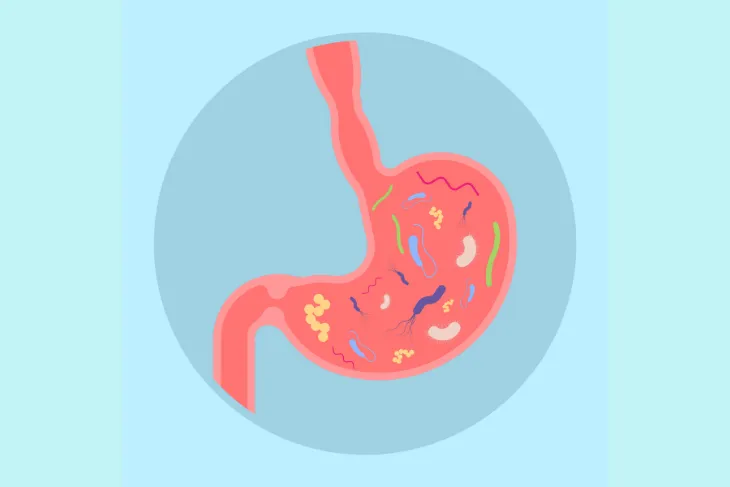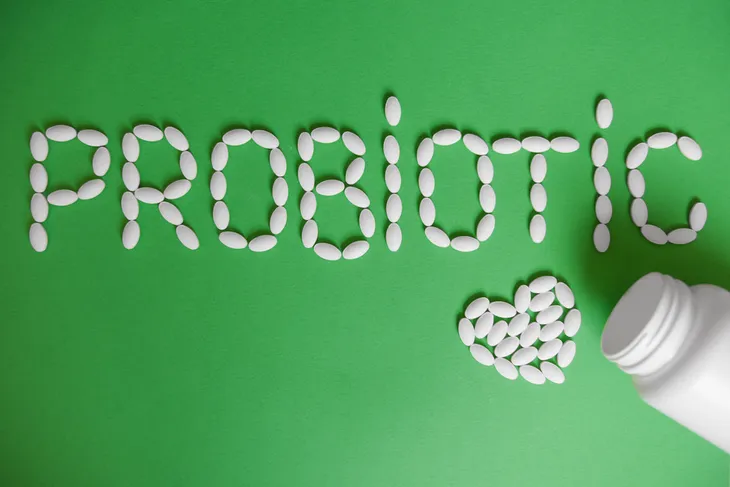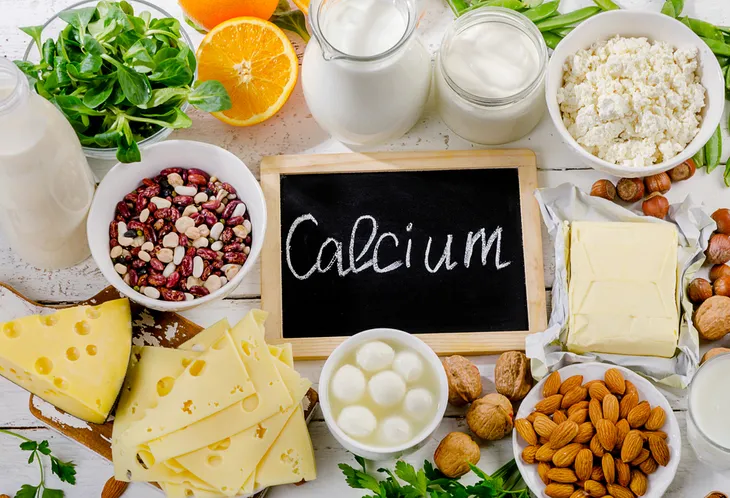It may not be visible to the naked eye, but bacteria are everywhere, and their contribution to the biosphere cannot be understated. In the natural world, bacteria help animals digest food, help trees grow, and play a critical role in the way that our environment recycles nutrients.
But, for all the help it lends us, some bacteria can be downright awful. Clostridium difficile, or C. diff for short, is most definitely on the wrong team. These pesky bacteria, when introduced into the human body, can wreak havoc on a person’s digestive system, diet, and quality of life. So let’s take a deeper look at C. diff including what it is, how it’s treated, and dietary modifications you can make.
What Is C. Diff?
C. diff is a type of bacteria. Roughly half a million people are diagnosed with C. diff every year in the United States alone, and that trend has been rising steadily over the last few years. Those most vulnerable to infection are usually patients of long-term medical care facilities that require antibiotics for an extended period.
Recently though, C. diff infections are popping up in young and otherwise healthy individuals with no recent antibiotic exposure. Thankfully, C. diff infections can be treated relatively simply. Having said that, it can be fatal if left untreated, especially in patients over the age of 65.
Mild or Moderate Symptoms
C. diff infections can range in severity but even the mildest symptoms are unpleasant.
Mild or moderate infections present two main symptoms. The first one is watery diarrhea three times a day for a period longer than two days. That may also be accompanied by mild abdominal cramping and tenderness.
Severe Symptoms
Severe C. diff infection is much worse, as is the range of symptoms. Watery diarrhea is still there, but severe sufferers may experience it up to 15-times per day. Abdominal cramping may be felt too, but much more severely.
Other symptoms of severe C. diff infections may include a rapid heart rate, a loss of appetite, weight loss, nausea, dehydration, blood or pus in the stool, increased white blood cell count, and even kidney failure.
Treatment
When treating C. diff, your family doctor can draw from a variety of different strategies depending on the severity of your symptoms and how your symptoms respond to treatment.
If your doctor thinks that your C. diff developed because of an ongoing antibiotic prescription, they may ask you to stop taking them. Your doctor may also prescribe a different antibiotic like metronidazole to help bring your digestive system back into balance.
Dietary Changes
These doctor-prescribed treatments are often used in conjunction with a modified nutrition plan. A C. diff treatment diet requires patients to introduce several specific grocery items into their everyday rotation.
The C. diff diet calls for the removal of problematic menu items too. We’ll explore both of those avenues next.
Things to Add to Your Diet
The symptoms of a C. diff infection can be mitigated, and possibly even eliminated, through targeted dietary adjustments. However, note that absolutely no one is encouraging you to skip the doctor’s office in favor of eating more plain Greek yogurt.
C. diff can be fatal if left untreated or treated improperly. But your doctor might still prescribe you only dietary changes all the same. Let’s take a look at the foods that help fight C. diff.
Probiotics
Probiotics are always your friend, but they are particularly helpful when recovering from C. diff. Some probiotics can help reduce inflammation caused by C. diff while others can help prevent the bacteria from attaching to your gut surface.
Further, some probiotics may even destroy the C. diff bacteria. Thankfully there are plenty of foods like fermented foods that contain natural probiotics and may help keep watery diarrhea at bay. You may also benefit from taking a probiotic supplement. Be mindful that supplements should be taken 2 hours before or 2 hours after antibiotics to assure effectiveness.
Calcium
Calcium plays an important role in C. diff treatment. It may help treat it, but it may also help decrease the risk of developing C. diff too.
The good news is there are plenty of great sources to get calcium such as dairy. But there are many non-dairy foods that are rich in calcium too such as leafy greens, canned fish, beans, and fortified foods.
Protein and Starches
Protein is an essential nutrient that helps your body repair cells and makes new ones. It’s also essential for growth and development. But it turns out, protein-rich foods, as well as easy-to-digest starches like potatoes or white rice, are also highly recommended additions to a C. diff recovery diet.
When choosing protein sources, be sure to opt for lean protein like chicken, turkey, or eggs.
Soluble Fiber
Other types of food you should consider for your C. diff diet are foods rich in soluble fiber. Oncology Nutrition explains, “Some animal studies showed that using diets including soluble fiber (oat bran) helped eliminate the C-diff infection sooner than a diet with insoluble fiber (wheat bran).”
Foods high in soluble fiber include oats, beans, carrots, citrus fruits, peas, barley, strawberries, and apple pulp.
Non-Cruciferous Vegetables
Vegetables are also recommended on the C. diff diet. However, just be sure to avoid cruciferous vegetables as these can wreak havoc.
Some great options include beets, cucumbers, celery, zucchini, and green beans. These veggies should be cooked well before eating. You can also add them to juices, smoothies, or soups.
Liquids
Unfortunately, chronic diarrhea can cause dehydration. To avoid being dehydrated, it’s essential that you drink plenty of liquids on the C. diff diet.
Water is of course a great way to stay hydrated but you should also consider drinking broth-based soups too. Finally, make sure you’re on the lookout for signs of dehydration.
Foods to Avoid
Here comes the bad news. C. diff and its symptoms can be exacerbated by the things that you decide to put on your plate as well. You’ll need to stay away from anything that causes stomach distress, cramping, or gas. That’s right, pretty much all the good stuff.
Spicy food, fried food, greasy food, and high-fat food items must go if you’re going to kick this bug for good. You’ll want to avoid using synthetic cooking oils and eating raw vegetables of any kind too.
No, your chicken wing combo days aren’t over for good. You should be able to reintroduce some of your favorite guilty pleasures once you’ve fully recovered.
Prevention Tips
If you don’t have C. diff but prefer to be proactive, we’ve got some good news for you. There are lots of ways to protect yourself from C. diff. You’ll want to stay away from the unnecessary use of antibiotics, and if you do need one, request one that you’ll only need for a short period of time.
Hand washing, thorough cleaning, and taking precautions while inside healthcare facilities are also critical to keeping you safe from C. diff.
When to See a Doctor
If you think you may be suffering from a C. diff infection, consult your doctor immediately. Your condition doesn’t need to be severe for you to be able to benefit from the guidance of a professional MD.
There’s no surefire way to protect yourself from this uncomfortable and unseemly condition. Thankfully, a visit to your doctor and diligent use of prescribed medications should help get you back to normal before you know it.


















